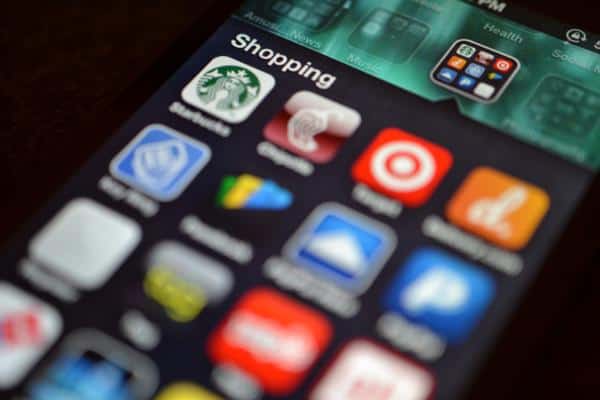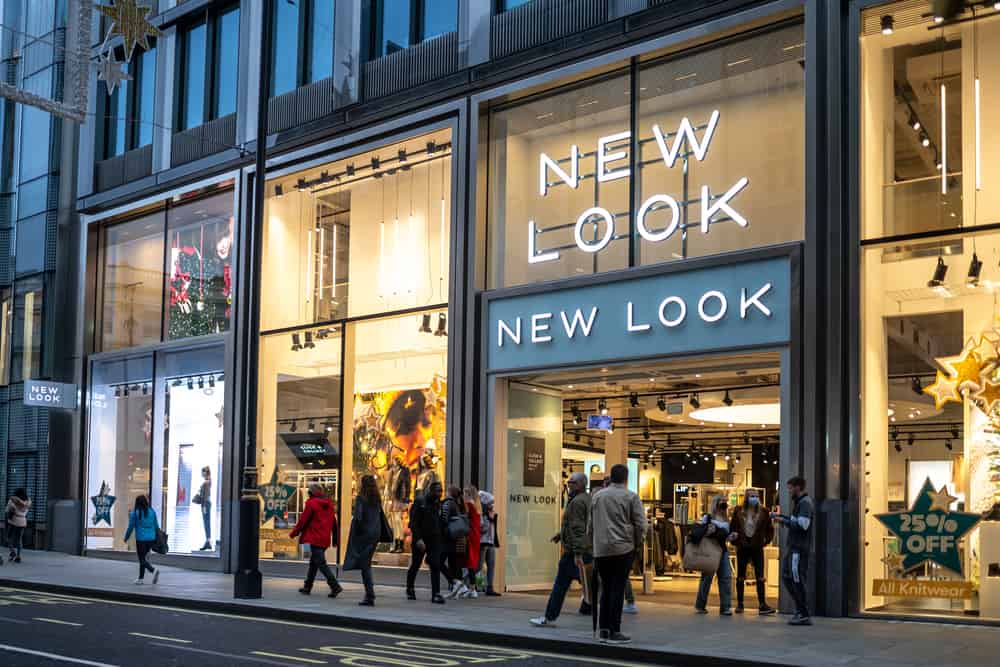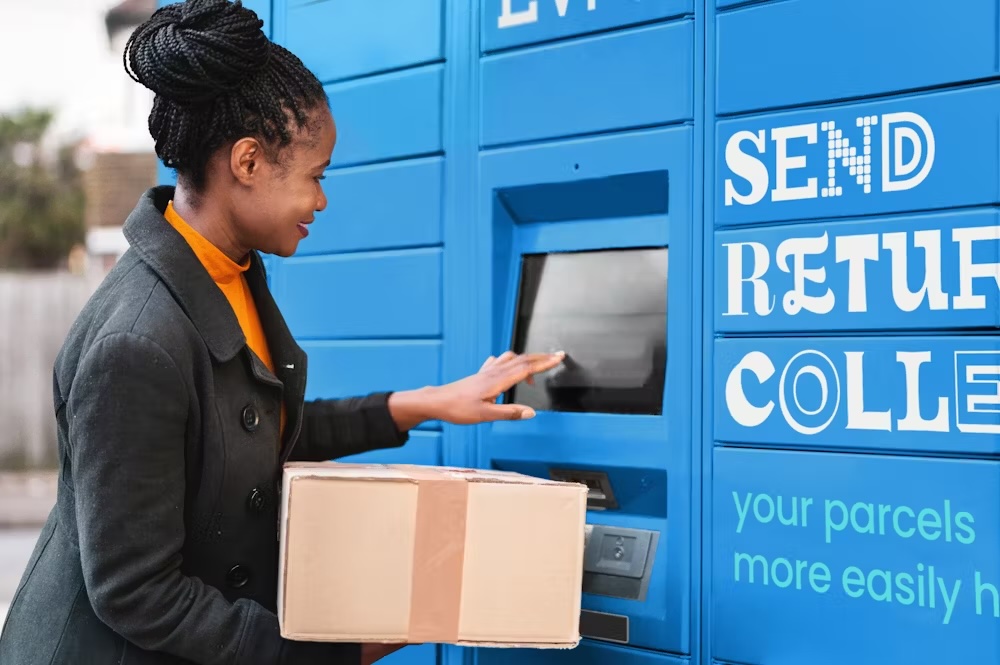A European study of mobile app reviews shows that industry challengers in the UK retail food and grocery sector are receiving better reviews than traditional supermarket retailers – with such apps outperforming traditional retailers on price, order and delivery, as well as in consumer satisfaction
The research, ‘A Grocery Shopping Apps Friction Report’, was conducted by Mobiquity, a full-service digital transformation enabler, analysing 1 million app ratings and 22,000 comments including a study of 24 traditional and challenger retailers in the UK, Belgium and the Netherlands. Among UK retailers featured in the study were Tesco, Amazon Go, getir, Gorillas, Morrisons, Ocado, Sainsbury’s, snappy shopper and Waitrose.
The data shows that food and grocery challenger apps are receiving better reviews than traditional supermarkets. While over 2 in 5 (44%) of reviews showed high satisfaction levels with traditional supermarket apps, challenger apps performed better with over half (56%) of customers reviews citing satisfaction. Customers using traditional supermarkets also cited a larger number of ‘bugs’ – issues with app experience – compared to challenger apps.
Retail food and grocery challengers are drastically outperforming traditional supermarket retailers on price and order and delivery features. In the UK, on delivery traditional retailers secured an average rating of 3.6 while challenger apps scored 4.0 out of 5 in this core functionality. For pricing, UK traditional food and grocery retailers recorded an average score of 3.4, compared to 3.9 for UK food and grocery challenger brands.
The research found that the following features were frictions for consumers using traditional retail apps in the UK including ordering products and payments (ranked 2.6 out of 5), onboarding (ranked 1.9 out of 5) and reliability (ranked 1.7 out of 5). In contrast, challenger apps secured an average rating of 3.2 out of 5 for the ordering feature.
Commenting on the report, Danny Groenenboom, Strategy Director Retail Europe, Mobiquity says: “During the COVID-19 pandemic consumers have increased their reliance on online shopping, and retailers have embraced mobile apps in response to challengers such as Gorillas, Picnic and others entering the market. Not having a seamless mobile app shopping experience could cost retailers, as they will lose the digital opportunity to retain and grow customers as the ecommerce market continues to expand.”
He adds: “To understand the market and what consumers are experiencing with supermarket apps, we developed a Machine Learning tool to analyse the friction areas in the mobile app shopping experience across the UK and Europe. Our research, a Friction Report for Grocery Shopping Apps, demonstrates why traditional supermarkets need to be bolder in online retail and optimise their digital customer journey to keep pace with challenger retailers. Based on our analysis, traditional supermarkets are lagging behind new challengers in their mobile app experiences, and competition is going to intensify in the future.”
Groenenboom concludes: “Challengers across all three regions are receiving better reviews than traditional supermarkets, as customers are experiencing less friction along the app customer journey. To prevent the gap getting even bigger, traditional retailers need to prioritise their digital customer experience and reduce business frictions along every step of the customer journey to increase customer motivation to buy products and services.”









